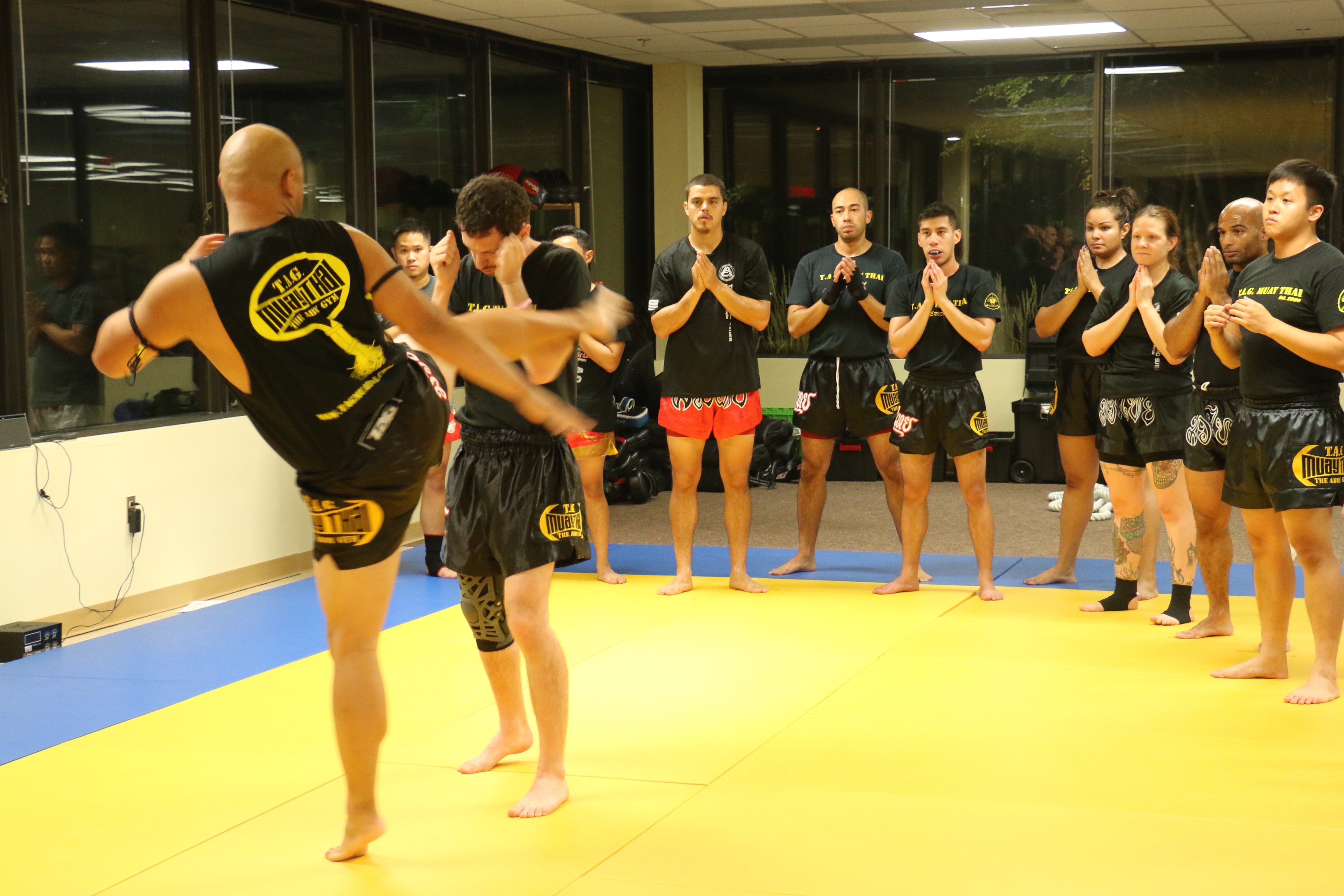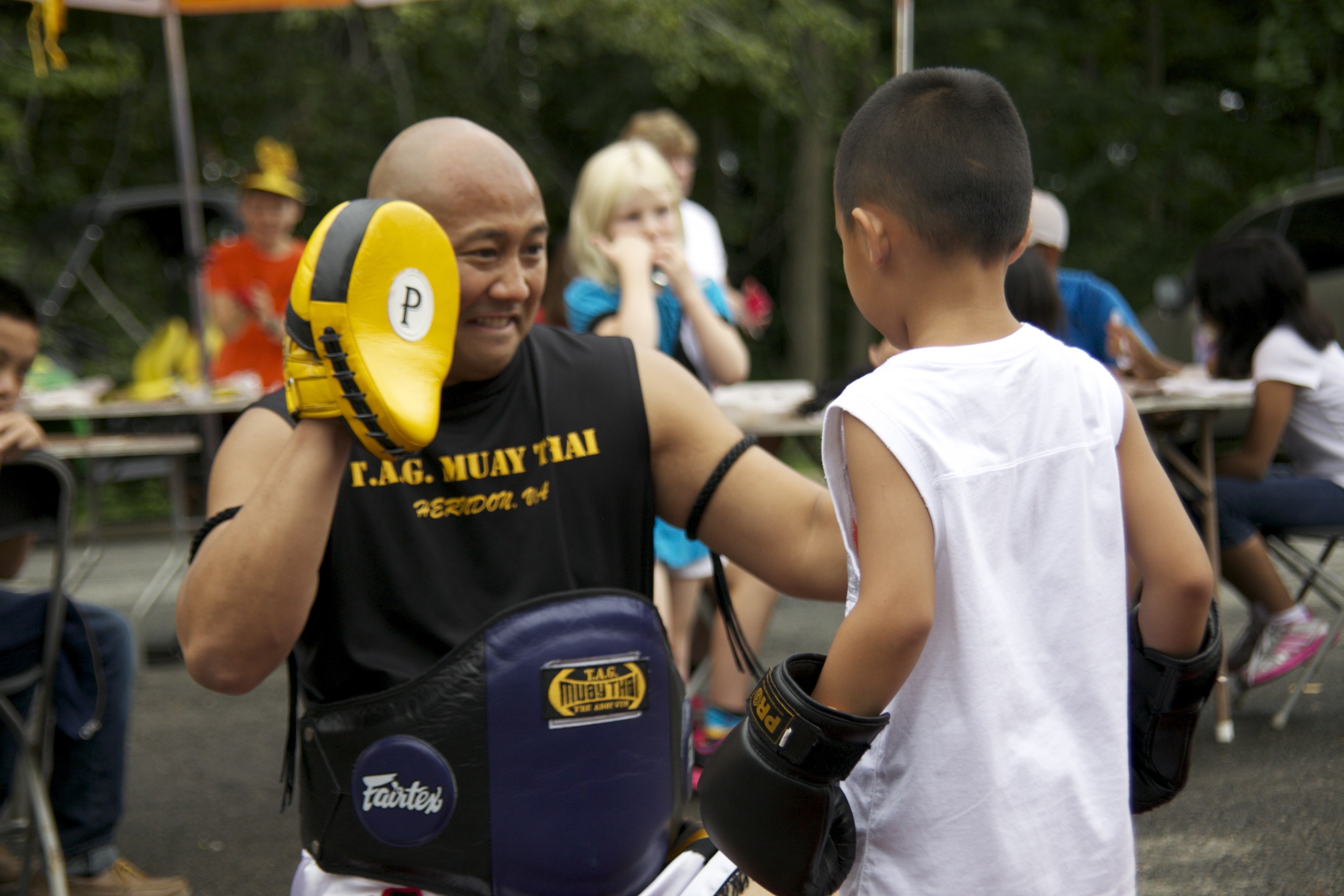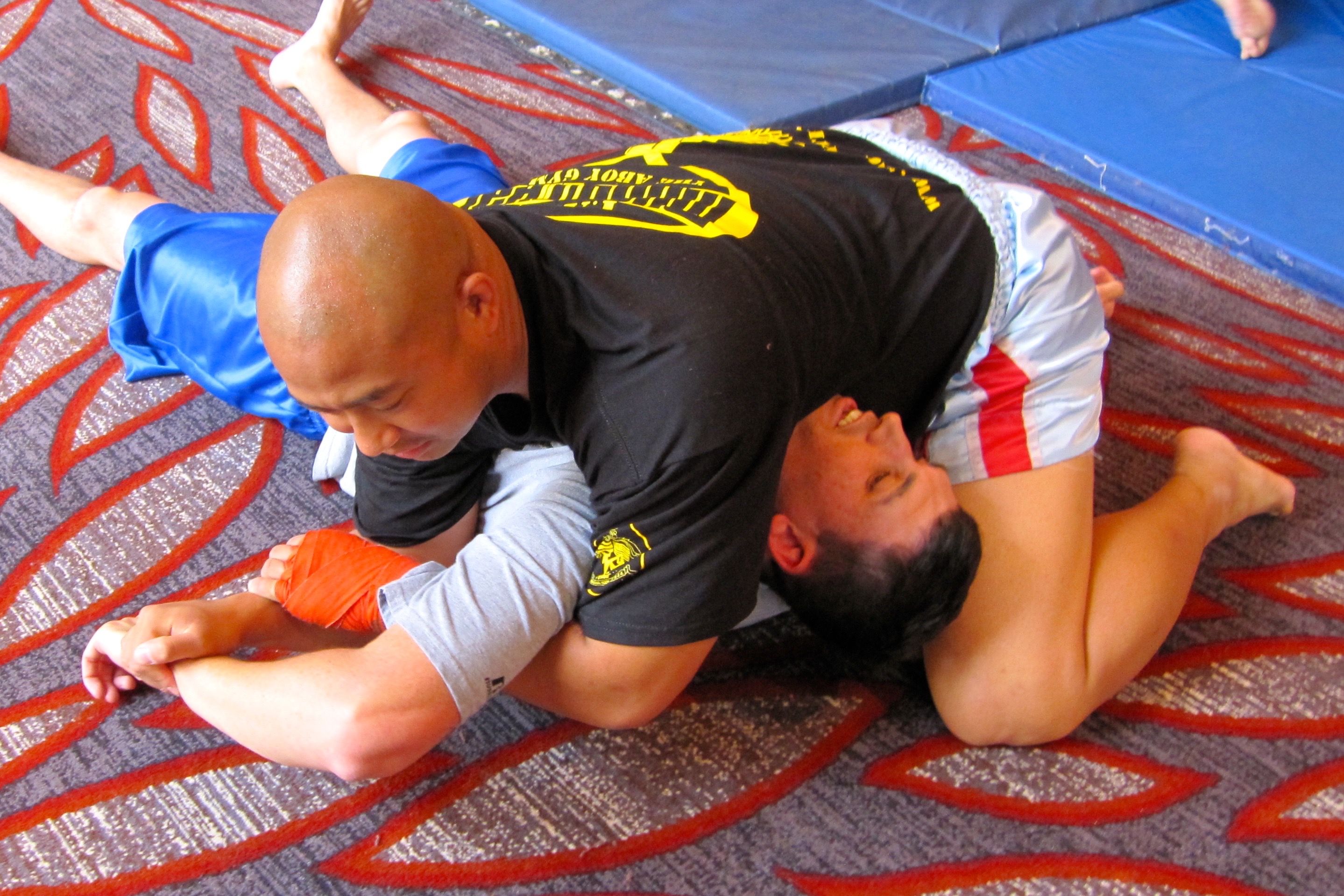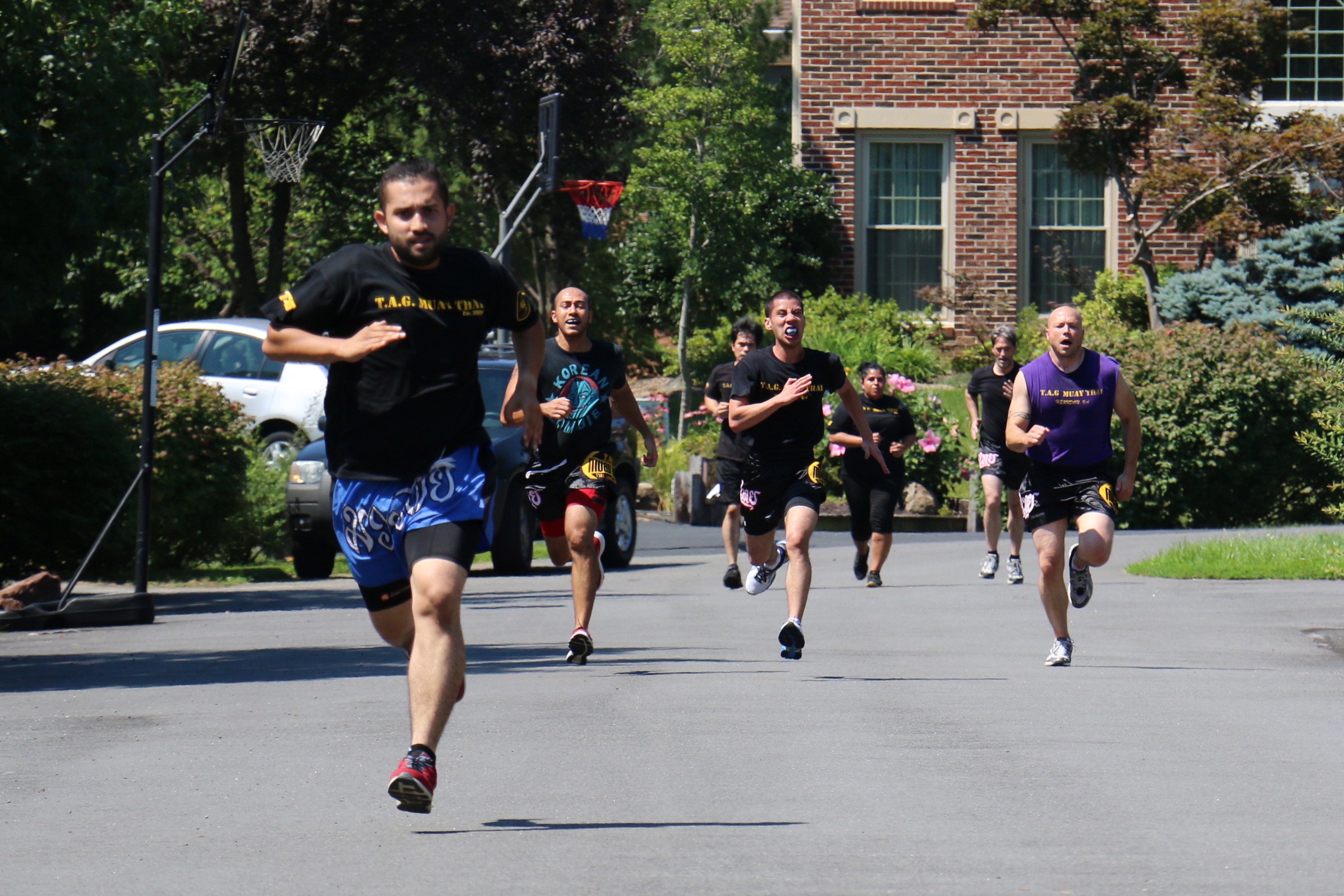Introduction
Competing in Muay Thai is a challenging yet incredibly rewarding journey. It requires more than just physical training; mental toughness, discipline, and a fighter’s mindset are essential for success. Whether you’re training for your first amateur fight or aiming for a professional career, understanding the demands of competition is crucial. In this blog, we’ll explore what it takes to compete in Muay Thai, from physical preparation to mental fortitude, and how you can develop both to become a successful fighter.
https://youtu.be/dgaJRe43lYI
1. Building a Strong Physical Foundation
To compete in Muay Thai, you must first develop a solid physical foundation. It’s not just about learning strikes; it’s about building strength, endurance, and the ability to withstand the demands of a fight.
Key Points:
- Strength and Conditioning: Regular strength training and conditioning are essential to improve overall power, stamina, and muscle endurance. Fighters must be able to perform at a high intensity throughout the entire duration of the fight.
- Cardio and Endurance: Muay Thai is a high-intensity sport that demands excellent cardiovascular fitness. Roadwork, interval training, and skipping rope are common methods used to build stamina.
- Flexibility: Flexibility plays a key role in delivering powerful strikes and avoiding injuries. Incorporating stretching routines into your training is essential.
- Fight-Specific Skills: As you advance, your training will focus more on specific techniques for fighting, such as combinations, counters, and advanced clinch work.
- Recovery and Rest: Rest days are crucial to prevent overtraining and injury. Recovery techniques like foam rolling, ice baths, and stretching can speed up muscle recovery.

2. Mastering the Fundamentals of Muay Thai
Before stepping into the ring, you need to master the basic techniques and understand how they apply during competition. Striking, footwork, and defensive movements are foundational to your success.
Key Points:
- Basic Strikes: A successful fighter must be proficient in punches, kicks, elbows, and knees, using each in combinations that flow naturally during a fight.
- Footwork and Stance: Proper stance and fluid footwork are essential for both offense and defense. You’ll need to move efficiently and maintain balance when attacking or evading.
- Defense: Defensive skills such as blocking, parrying, and slipping punches will help you avoid damage during the fight and conserve energy.
- Clinch Work: Mastering the clinch allows you to control your opponent, land knee strikes, and avoid being taken down.
- Timing and Distance: Knowing when and where to strike requires understanding timing and distance, both of which come from consistent practice and sparring.

3. The Role of Sparring in Fight Preparation
Sparring is an essential part of Muay Thai training. It allows you to put everything you’ve learned into practice, get accustomed to the pace of real competition, and develop the instinct to react in a fight situation.
Key Points:
- Controlled Sparring: Initially, sparring should be light and controlled, focusing on technique rather than power. This allows you to practice movements, combinations, and defenses without the risk of injury.
- Increased Intensity: As you get closer to competition, sparring intensity should gradually increase to simulate the pressure and unpredictability of an actual fight.
- Adapting to Different Styles: Sparring with a variety of training partners exposes you to different fighting styles, helping you adapt to unpredictable situations in the ring.
- Feedback and Improvement: Sparring provides an opportunity to identify weaknesses, allowing your coach to give valuable feedback for improvement.
- Mental Preparation: Sparring is as much about mental toughness as it is about physical skill. Learning how to stay calm, composed, and focused during sparring prepares you for the emotional challenges of competition.

4. Developing a Winning Mindset
In Muay Thai, your mindset can often determine your success as much as your physical training. The mental aspect of fighting involves focus, discipline, and the ability to push through obstacles, both physical and psychological.
Key Points:
- Confidence: Confidence in your skills and training is key. Believe in your abilities and stay positive even when the going gets tough.
- Focus and Concentration: During the fight, it’s crucial to remain focused on your strategy and not let emotions or distractions take over.
- Resilience and Perseverance: Every fighter faces adversity—whether it’s a tough sparring session, a loss, or a setback in training. The ability to get back up and keep going is what separates successful fighters from others.
- Mental Toughness: Muay Thai will challenge you physically and emotionally. Mental toughness means pushing through fatigue, pain, and discomfort, and continuing to perform your best.
- Visualization: Many fighters use mental imagery and visualization techniques to prepare for fights. This helps build confidence, reduce nerves, and improve focus during the actual competition.

5. Proper Nutrition and Weight Management
Fighters need to fuel their bodies correctly to ensure peak performance. Proper nutrition is essential for building muscle, maintaining energy, and recovering effectively. Weight management is also critical, especially if you’re competing in weight-specific divisions.
Key Points:
- Balanced Diet: A balanced diet that includes lean protein, complex carbohydrates, healthy fats, and plenty of fruits and vegetables supports overall health and performance.
- Hydration: Staying hydrated is vital to keep your body functioning properly during intense training and competition.
- Meal Timing: Eating the right foods at the right times (before and after training) helps optimize energy levels and recovery.
- Weight Cutting: If you need to cut weight for a competition, do so gradually and safely to avoid affecting your performance.
- Supplements: Consult with a professional to determine if any supplements, like protein powders or vitamins, might benefit your training.

6. Recovery and Injury Prevention
Fighting is a physically demanding sport, and taking care of your body is crucial to long-term success. Learning how to recover properly after intense training and avoiding injuries will keep you in the game longer.
Key Points:
- Rest: Your body needs time to recover from the stresses of training. Take regular rest days and avoid overtraining.
- Stretching: Incorporating stretching routines can improve flexibility and reduce the risk of injury.
- Massage and Therapy: Regular massages, foam rolling, and physical therapy can help prevent muscle tightness and speed up recovery.
- Sleep: Quality sleep is essential for recovery, allowing your body to repair and recharge.
- Injury Management: If an injury occurs, seek professional medical advice and don’t rush the recovery process.
https://youtu.be/3wn5JkC_4M8?si=EK1xOjDEqEFK5WqX







